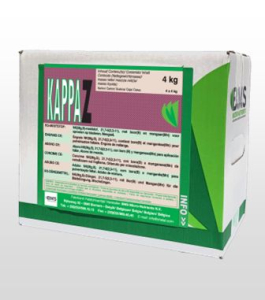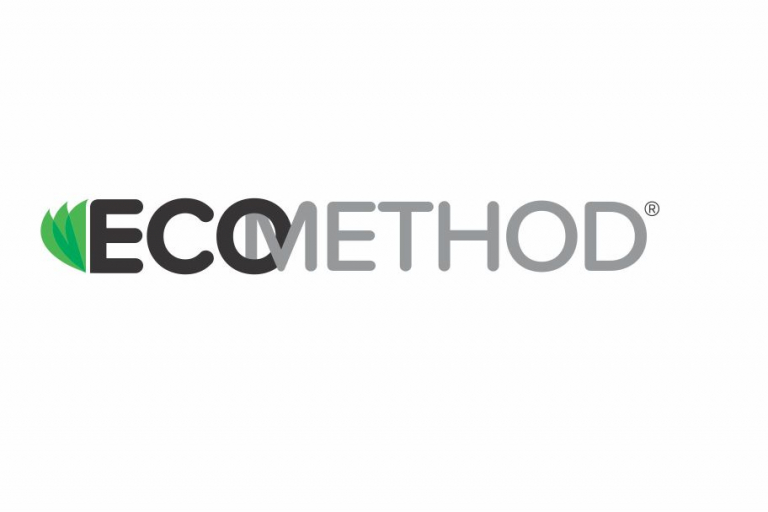You are here

Kappa Z
 COMPOUND SOLID INORGANIC MACRONUTRIENT FERTILISER NK (Mg, S) fertiliser with micro-nutrients, 22,5-5,5 (+4 +29)
COMPOUND SOLID INORGANIC MACRONUTRIENT FERTILISER NK (Mg, S) fertiliser with micro-nutrients, 22,5-5,5 (+4 +29)
KAPPA Z contains NK, sulphur, magnesium, boron and chelated manganese. KAPPA Z mainly supports the organoleptic qualities of fruits and was in the first place developed for viticulture. The presence of S and Mn in KAPPA Z enhance perfume and taste of the final product. B stimulates the good translocation of the previously mentioned nutrients from leaf into fruit. As key elements in photosynthesis, N and Mg provide energy to alcohol synthesis and fundamental production respectively.
KAPPA Z was developed within a fertilization-strategy exclusively based upon foliar applications. KAPPA Z can also be applied upon fruit-trees, in horticulture and upon cereals.
To obtain the best result, we recommend using one of the complete fertilization-programs of BMS Micro-Nutrients N.V. These programs combine KAPPA Z with KAPPA V, KAPPA M and/or KAPPA G, as well as FRUCTOL® and products of the CHELAL® -range.
Using KAPPA-products decreases considerably the amount of used nutrients compared to traditional fertilization-programs. Therefore, this foliar fertilization almost has no environmental impact.
KAPPA Z is miscible with most pesticides and herbicides. Avoid mixing with oil based products. It is advisable to conduct a miscibility test before application. Consult your extension agent or crop consultant.
Do not exceed the maximum concentration of 0,5 % (= 0,5 kg KAPPA Z in 100 L water). Maximum concentration in greenhouse: 0,2 %. For foliar applications avoid high temperatures and bright sunshine.
Treat preferably during early morning or late evening.







